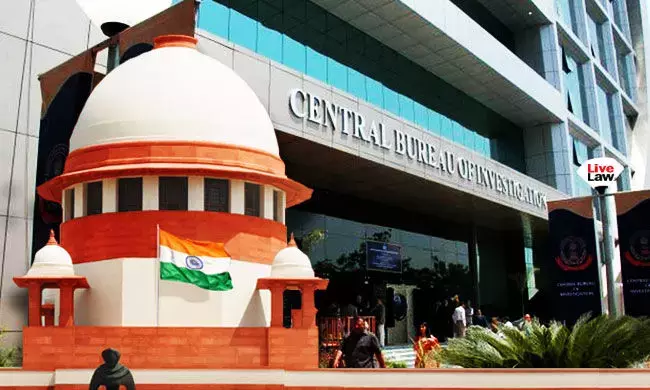CBI Under Administrative Control & Superintendence Of Union Govt : Supreme Court
Gyanvi Khanna
10 July 2024 6:41 PM IST

Next Story
10 July 2024 6:41 PM IST
Today, in its judgment, the Supreme Court observed that the scheme of the Delhi Special Police Establishment (DSPE) Act of 1946 (from which the Central Bureau of Investigation derives its authority) reveals that it is overseen by the Central Government.The Court elucidated that right from the constitution of DSPE (Special police force) and the extension of its powers beyond the Union...
